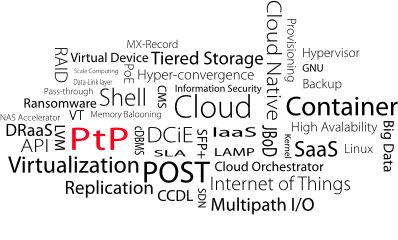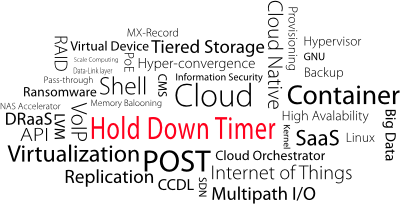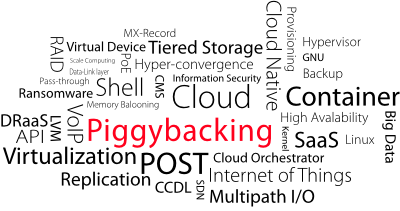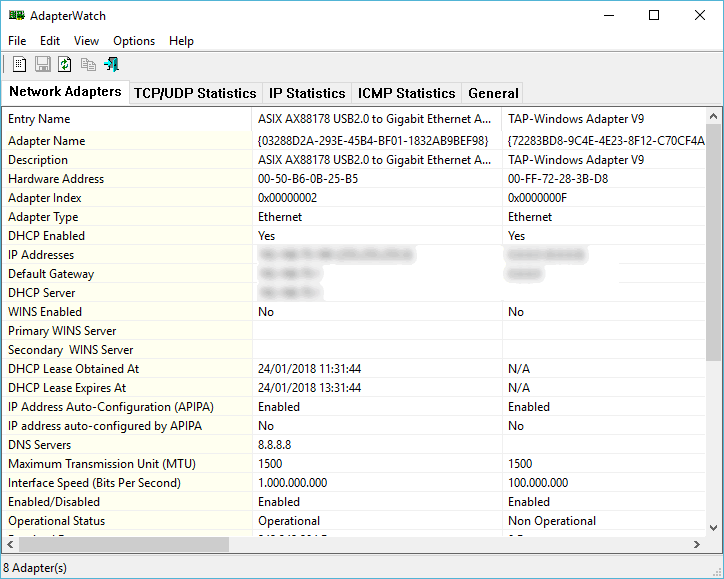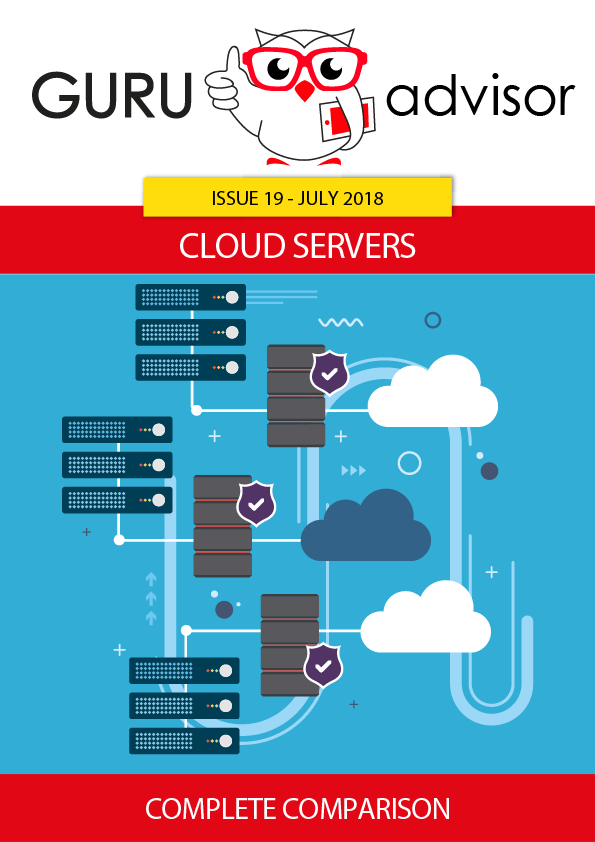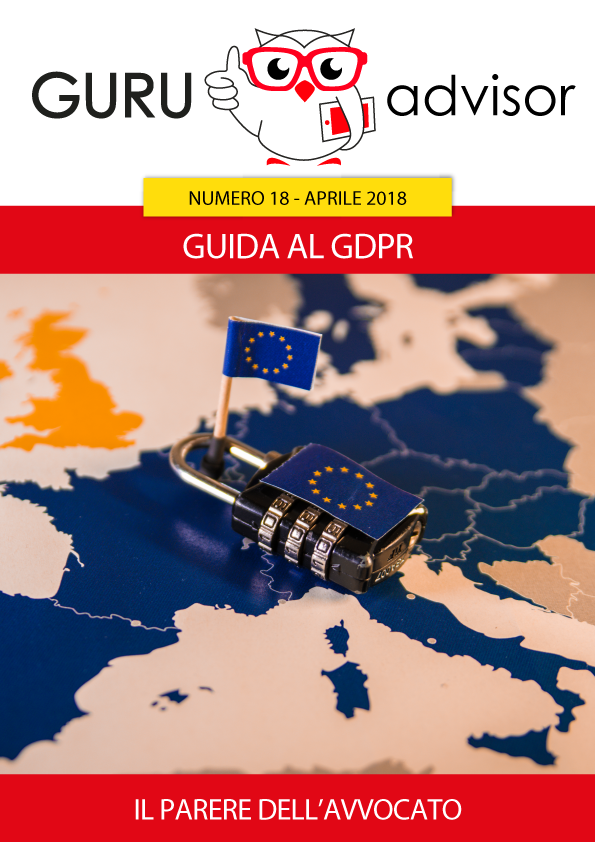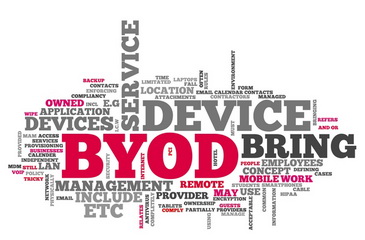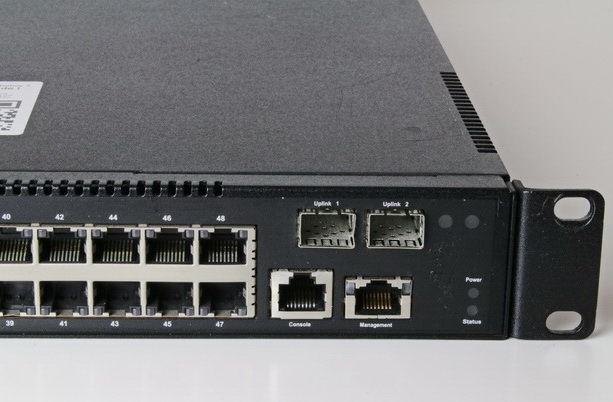If you carefully read the several interviews we had during the Mobile World Congress, you’ll notice for sure a thin fil-rouge between most of them: the attention to security-related matters.
In a world that is eternally and constantly interconnected there are no passwords, firewalls or ciphering algorithm that can always and anyhow guarantee data security. Similarly to the protection of a house, alarms, doors, gratings and the most sophisticated anti-intrusion systems may not be enough to guarantee protection if criminals know that between the walls, suitcases full of money or gold bar are waiting for them.
We must then live together with the idea that data is safe - at the moment - but it may not be like this when one of the protection we are currently employing gets obsolete or not anymore updated so that it can protect us.
And like in the best action movies we'll find at the end that it might not be a mistake of the smith while mounting gratins or a software bug in the control unit of our alarm to break into our defense line, but it’s rather a “social” fault: a relative that leaves unguarded the house keys, a distracted, gull house maid, or maybe a teenage daughter that has a crooky boyfriend.
In the IT world equilibrium is changing because our data is getting suddenly precious. In some cases data is meaningful only to us or to our company, but still has a value to the point that we are ready to pay a few hundreds of euros to have them back. Or some thousands of euros or even more. Unfortunately those who develop ransomware, a topic we have extensively covered in this number, have already understood that. And because of that they are involving a myriad of resources in this field, working both on the technical side and on the social side. Because there is a concrete and precise objective. Your money.
In order not to leave you and your company or clients at the mercy of some Russian boy, do something. Get informed, study, change your strategies, enforce your gratings and teach your employees. This is the only way to secure your data.








